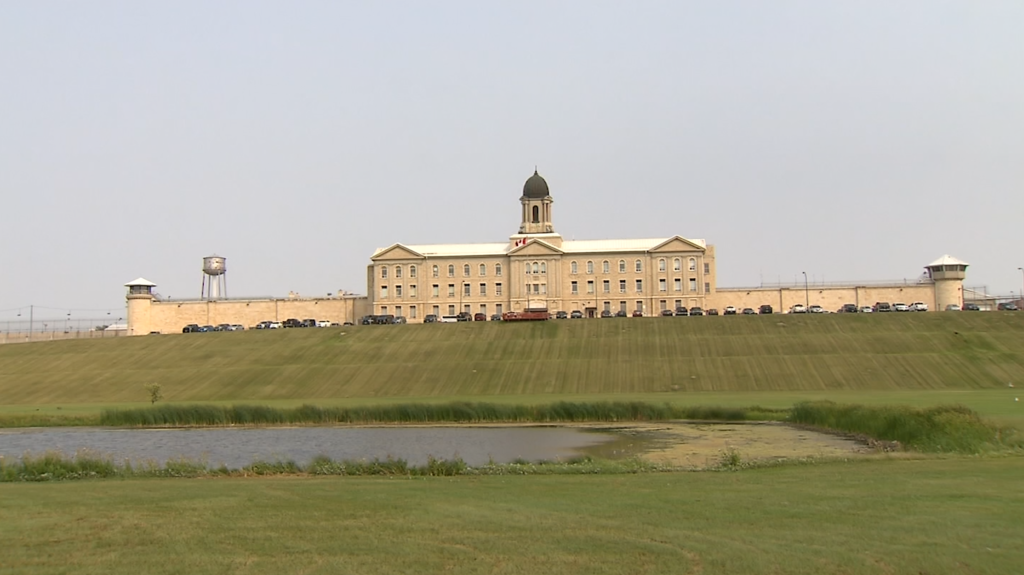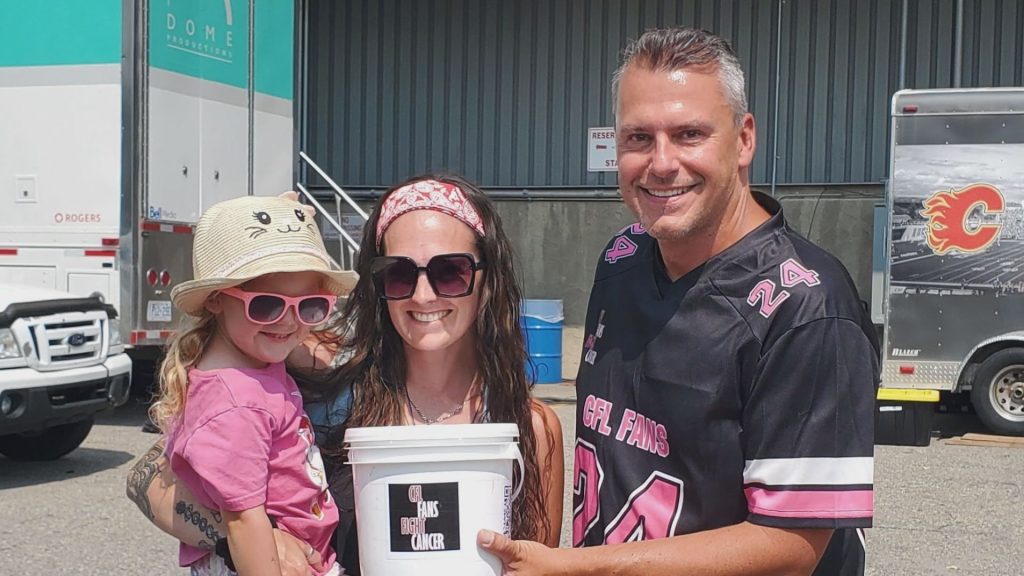Inquests pushed to 2023 due to backlogs caused by pandemic
Posted June 22, 2022 8:17 pm.
Last Updated June 22, 2022 8:30 pm.
Calling the wait a disservice to both the public and their family, some waiting for answers and insight into the deaths of their loved ones will have to wait even longer as inquests across the province are now on hold until Fall 2023.
The news is more than frustrating for Carol Packer. An inquest was called earlier this year into the death of her brother Lee Earnshaw after he died in June 2021 as a result of a drug overdose.
He was turned away multiple times from various provincial agencies due to what Manitoba’s chief medical examiner Dr. John K Youens, explained in a news release were “various technicalities.” She says in inquests like this, time is of the essence.
“The information that they find is something that I would question. After several years, are we going to be able to speak to witnesses? Are we going to be able to find them? Is there going to be evidence that has possibly been shredded as the normal process?” asked Dr. Youens.
Little information as to why inquests are on hold has been made public, but at this time, directly from the province’s trial coordination is that “inquests will not be booked until the Fall of 2023.”
Under the provincial fatalities act, inquests can be called at the direction of the chief medical examiner for several reasons and are automatically called when an individual dies as a result of the use of force by a peace officer, while they are involuntary admitted to a mental health facility or living in a facility for those who need intellectual supports.
Packer says to hear her family will be waiting even longer for answers is heartbreaking. She continues to do work to break the stigma and promote access for those seeking help for substance abuse, currently raising money through a 1,300 km bike ride on St. Boniface Street Links, which helped her brother when he was still alive.
She says the government should be making inquests like her brother’s a priority so they can learn how to prevent future deaths from taking place as inquests can result in recommendations for improvement.
“Delays in producing findings and recommendations prolong the risk to the public and their sole function is preventing unnecessary deaths … lessons aren’t being learned.”
CityNews requested an interview with a representative from the courts to discuss the decision Wednesday, but a statement was provided instead. In it, a spokesperson explained with a backlog of criminal cases due to the pandemic, the Court has had to prioritize cases, with the courts determining criminal cases where the accused is in custody have moved forward as a first priority.
Packer says the government should dedicate more resources to the system if it’s unable to achieve its legislated objectives in a timely manner, saying now is not the time for excuses.
“We can’t always hide behind the standard excuse that COVID has caused that. If there are not enough resources, we need to dedicate resources, we need to get things rolling and get things happening because this is a life or death situation, lives are at stake here.”








